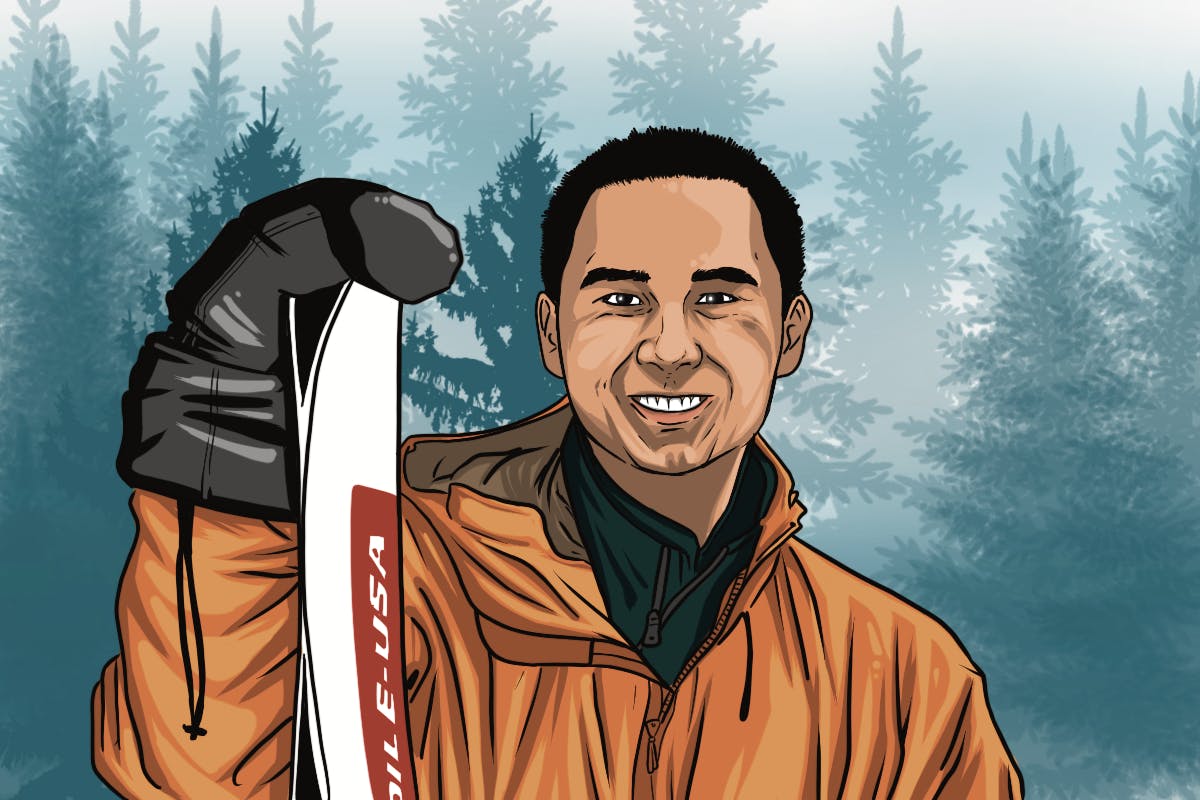How Canadian Blogger Bob Lai Plan To Retire at 42 Years Old
By Arthur Dubois | Published on 26 Jul 2023

Bob Lai’s father retired at 43, and following his footsteps, Bob Lai is now well on the way to an early retirement by the time he reached 42 years old. Based out of Vancouver, Bob Lai is Canadian blogger who writes about FIRE (Financial Independence Retire Early), dividend investing and personal finance on his blog Tawcan. According to him, early retirement is possible and all it requires is a high savings rate for a longer period of time.
When Bob Lai was in his teens, his parents migrated to Canada from Taiwan. That is when his father discovered that although he was not able to find a suitable job, he could retire and still live well. Bob Lai’s father was only 43 years old at that time.
They found that they did not have to take up a job or pursue other opportunities for work because they had lived frugally and built up their savings so much so that they could well afford to stay away from the job market. This gave Bob’s parents the freedom to spend their time any way they wished. This, in turn, turned out to be an eye-opener for Bob himself.
Bob Lai’s parents were not aware of FIRE when they reached early retirement. They were also not worried about sending their son a wrong message about being unemployed. Instead, Bob learned how to analyze his finances and how to remain debt-free. Their lifestyle was a clear choice made because they had been financially wise and could afford to spend their post-retirement years travelling and raising their family.
While Bob Lai did not yet retired, his investment strategies, which involves betting big on Canadian dividend stocks through an online broker, is starting to pay off. In 2020, his dividend income reached $25,975.01, and that figure does not account for capital gain nor his employment income.
What is the FIRE movement?
FIRE is a lifestyle movement. It can be a Fat FIRE or a Lean FIRE. Fat FIRE is when an individual has accumulated vast amounts of wealth and has the passive income to live off comfortably post-retirement. Lean FIRE is when an individual can retire early, albeit on a smaller retirement income by limiting their annual living expenses and living frugally. There can be a mix of these both in a hybrid form called Barista FIRE that offers a partially retired lifestyle and you can work part-time to earn an additional income or you can retire because your partner continues to do a productive job.
The fundamental principle of simple living and financial independence took root originally from Your Money or Your Life (by Robin and Dominguez) and Jacob Lund Fisker’s popular book Early Retirement Extreme. Early Retirement Extreme also describes the relationship between time to retire and rate of savings, in turn allowing individuals to plan for their retirement and project when they can retire with an estimated level of expenses.
Covid-19 and the FIRE movement
FIRE has fans as well as critics. The believers continue to increase in numbers as early retirement sounds more appealing and they are open to frugal living in order to enjoy a comfortable retirement. According to some critics, this kind of planning and projection towards early retirement is only for the rich. They also say that such a plan does not account for unforeseen expenses post-retirement. Several economists also argue that a 4% withdrawal rate may not be appropriate and recommend a 3.5% rate of withdrawal.
The unforeseen did happen in 2020 with COVID-19, and it has thrown a wrench in many people’s financial planning. A lot of people around the world lost their jobs, businesses suffered losses, with some even closing down forever. It was and is even worse in lockdown provinces and countries. In general, there is widespread financial insecurity.
Nevertheless, according to Bob Lai, there are those that are able to take advantage of the economic downturn which brought the stock prices down. People planning for early retirement and in the accumulating stage of FIRE now have an opportunity to make sound investments. Unfortunately, the same is not true of the early retirees as they are only able to draw their income at lower rates.
Canadians are Saving More Now
Canadians, for instance, are saving more now, with the saving rates going as high as 20% which makes up for the higher taxes they have to pay to live in that country. COVID-19 has made it necessary to work from home, and many Canadians have found that it has led to increased savings. Bob believes that this is the beginning of a trend and that it will continue well into the future, and after the pandemic.
Finally, it is clear that FIRE offers other intangible benefits such as quality time with family, energy and health to enjoy post-retirement, get back to the hobbies and interests that had been shelved during the working years, and the value in being frugal and financially independent.
